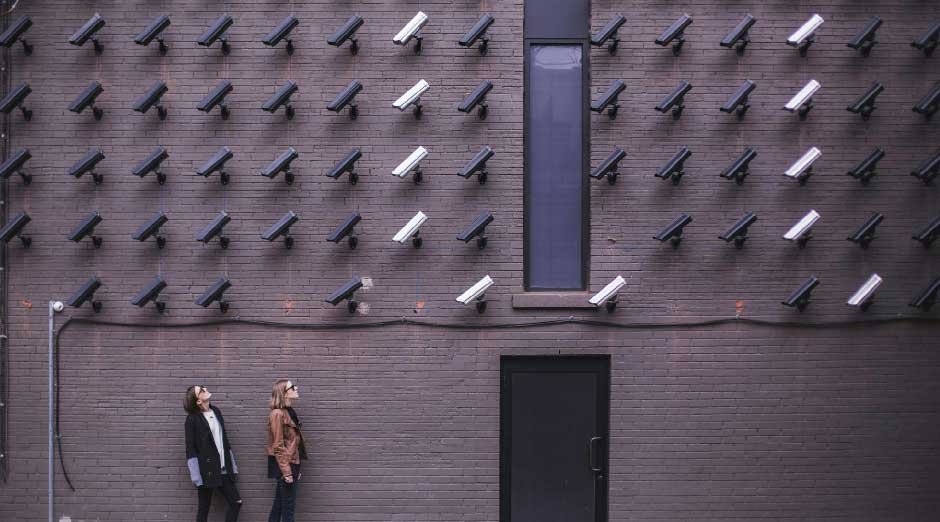Technology can indeed be overwhelming, and CCTV cameras are no exception. With the various kinds of cameras, their features, and advances in technology, sometimes it’s hard to sift through all the information. Deceiving marketing and wrong assumptions will have you making costly mistakes. And losing time and money on equipment that will never meet your needs. But do not be concerned, since many of these common myths about security cameras can be debunked. By seeking accurate information, such as from local experts in CCTV systems Manchester, you can ensure you invest wisely in a system that truly meets your needs. In this article, we’ll light on some of the myths regarding CCTV cameras which are usually false.
Myth 1: CCTV Cameras Are Too Intricate for Small Businesses:
Many small businesses operate under the assumption that the installation of security cameras is too difficult or requires a great deal of technical expertise. Cameras these days are designed in such a way that they are quite friendly. And often come with easy installation processes, many times requiring very little setup. Most systems include plug-and-play options, wireless connectivity, and mobile app integration, letting any non-technical person easily manage it. This advancement of cameras has made them highly accessible to enable businesses. To take good care of their assets with no need to seek professional IT expertise.
Myth 2: CCTV Cameras Violate Privacy:
The major concern is that it’s like security cameras to infringe on the privacy of individuals. This belief emanates from the fallacy that all cameras capture personal and private moments. In reality, security cameras guard and monitor public areas responsibly. While discouraging crime without violating personal privacy. Proper placement is an important factor. Cameras focus on areas such as entryways, storefronts. And common areas while avoiding private areas such as bathrooms or changing rooms. This includes adhering to privacy legislation when it comes to the ethical and legal use of cameras.
Myth 3: All CCTV Cameras Are the Same:
Another common myth is that security cameras all lend similar levels of performance and functionality. Different CCTV cameras exist to fit every need of low-tech units to complex systems offering night vision. Motion detection, two-way audio, and cloud storage. Depending on the needs of a household or business, different types of cameras may be more appropriate for day and nighttime monitoring inside and outside of properties. Variety makes them able to select systems that will suit specific securities required, budget, and the environment.
Myth 4: All Security Cameras Are Created Equal:
A common misunderstanding would be that all security cameras similarly serve their purpose. Of course, the premise behind the CCTV cameras is to record footage. However, some cameras differ much in the options available within them. While some cameras use motion detectors, others use infrared technology to be effective even in nighttime hours. Advanced cameras even boast of two-way audio and smart integrations. Different businesses have varying needs-for example, outdoor monitoring, night surveillance, or real-time alerts. Choosing a camera based on research will guarantee that what your system provides is exactly what you need without exceeding your budget.
Myth 5: Security Cameras Capture Everything:
While most people are made to believe that CCTV cameras are a way of having complete and thorough coverage. This couldn’t be further from the truth. The field of view for each camera is limited to its lens and will result in blind spots unless the cameras are positioned correctly. Cameras also have only so much storage, which again affects how long they can retain footage before writing over. Careful planning of camera placement will be required to ensure your business is best protected in covering all critical areas such as entryways and cash registers. This helps ensure that the security professional provides the best coverage with the least possibility of missing important footage.
Myth 6: You Can Enhance Grainy Images:
Often in the movies, very grainy, fuzzy footage is manipulated into crystal clarity. However, that is simply not how it works in life. Real-life security footage has the quality of the footage completely dependent upon the resolution of the camera capturing the footage. Low-resolution footage cannot be enhanced beyond its recorded state. Businesses seeking to avoid unclear images should get high-resolution CCTV cameras from the outset. This means that the faces or license plates, among others, will come through clear as you go through the footage, offering good security with your mind put at rest.
